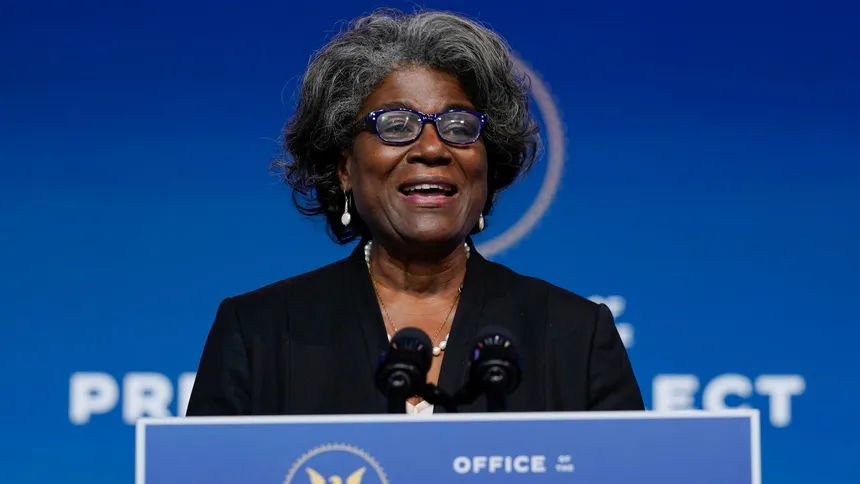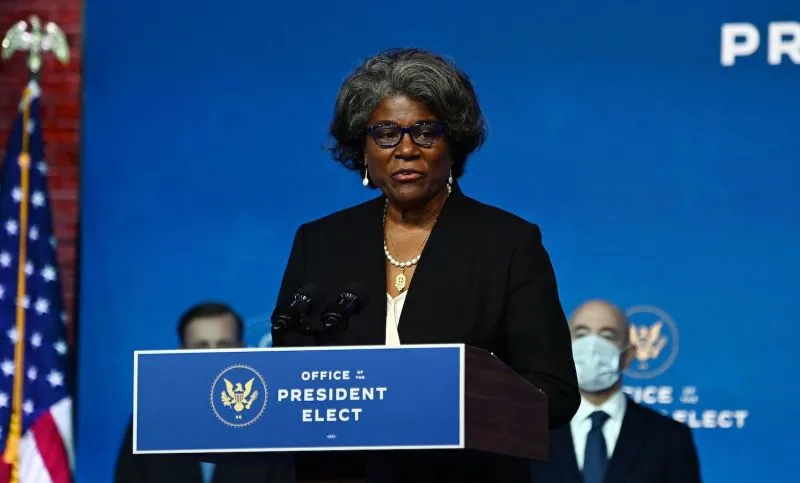The United Nations General Assembly has passed a non-binding resolution calling for an immediate “humanitarian truce” in Gaza, effective in halting hostilities between Israel and Hamas. This resolution is a response to Hamas’s surprise October 7 attacks on Israel and Israel’s subsequent military response aimed at “obliterating” Hamas. The resolution was adopted by a vote of 120-14 with 45 abstentions, demonstrating the international community’s growing concern for the humanitarian crisis in Gaza.
The Arab Group, comprising 22 nations, drafted the resolution, which was put to the vote before all 112 speakers had the opportunity to address the General Assembly. The urgency of the situation was emphasized by Jordan’s UN ambassador, Mahmoud Hmoud, who highlighted the need for immediate action. Although the resolution’s non-binding nature is significant, it serves as a powerful statement of world opinion and a demonstration of the international community’s backing for a peaceful resolution to the conflict.
The resolution does not explicitly condemn Hamas’s attacks, a decision that drew criticism from the United States and Canada. US Ambassador Linda Thomas-Greenfield called the resolution “outrageous” for not mentioning Hamas and accused it of being “detrimental” to the vision of a two-state solution. However, Oman, speaking on behalf of the Gulf Cooperation Council, condemned Israel’s “siege” of Gaza, the starvation of its population, and the collective punishment of Palestinians.

US Ambassador Linda Thomas-Greenfield (Via Linda Thomas-Greenfield/Twitter)
The resolution demands that all parties comply with their obligations under international humanitarian and human rights law, ensuring the protection of civilians and critical infrastructure such as schools, hospitals, and essential supplies. It also calls for the Israeli government to rescind its order for Gazans to evacuate the north and move to the south, and rejects any attempts at the forced transfer of Palestinian civilians.
Despite the criticisms and contentious language, the resolution marks a significant step towards a peaceful resolution to the conflict. By acknowledging the humanitarian crisis in Gaza and calling for a cease-fire, the General Assembly is sending a clear message that the international community will not stand idly by while innocent lives are lost and civilians suffer. The resolution’s passage is a testament to the power of international diplomacy and the importance of upholding humanitarian principles in the face of conflict.
As the situation on the ground continues to deteriorate, the General Assembly’s resolution serves as a beacon of hope for a peaceful resolution to the conflict. It is a reminder that even in the darkest of times, the international community can come together to promote peace, protect human rights, and uphold the dignity of all individuals. The resolution sends a clear message that the world will not tolerate the suffering of innocent civilians and will work towards a peaceful resolution to the conflict.











































